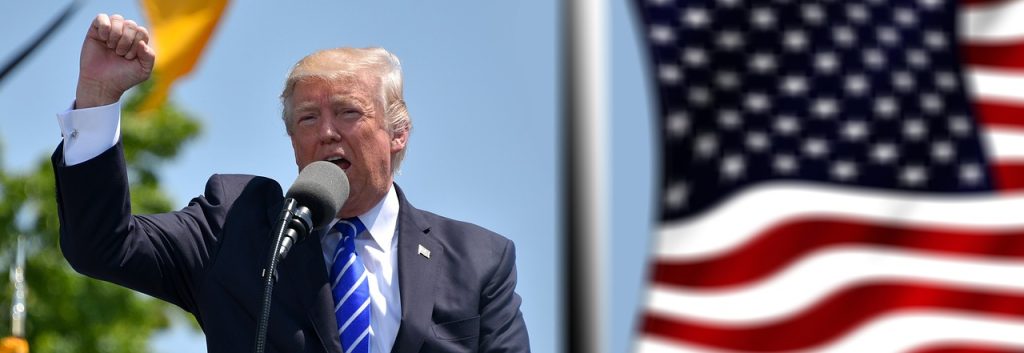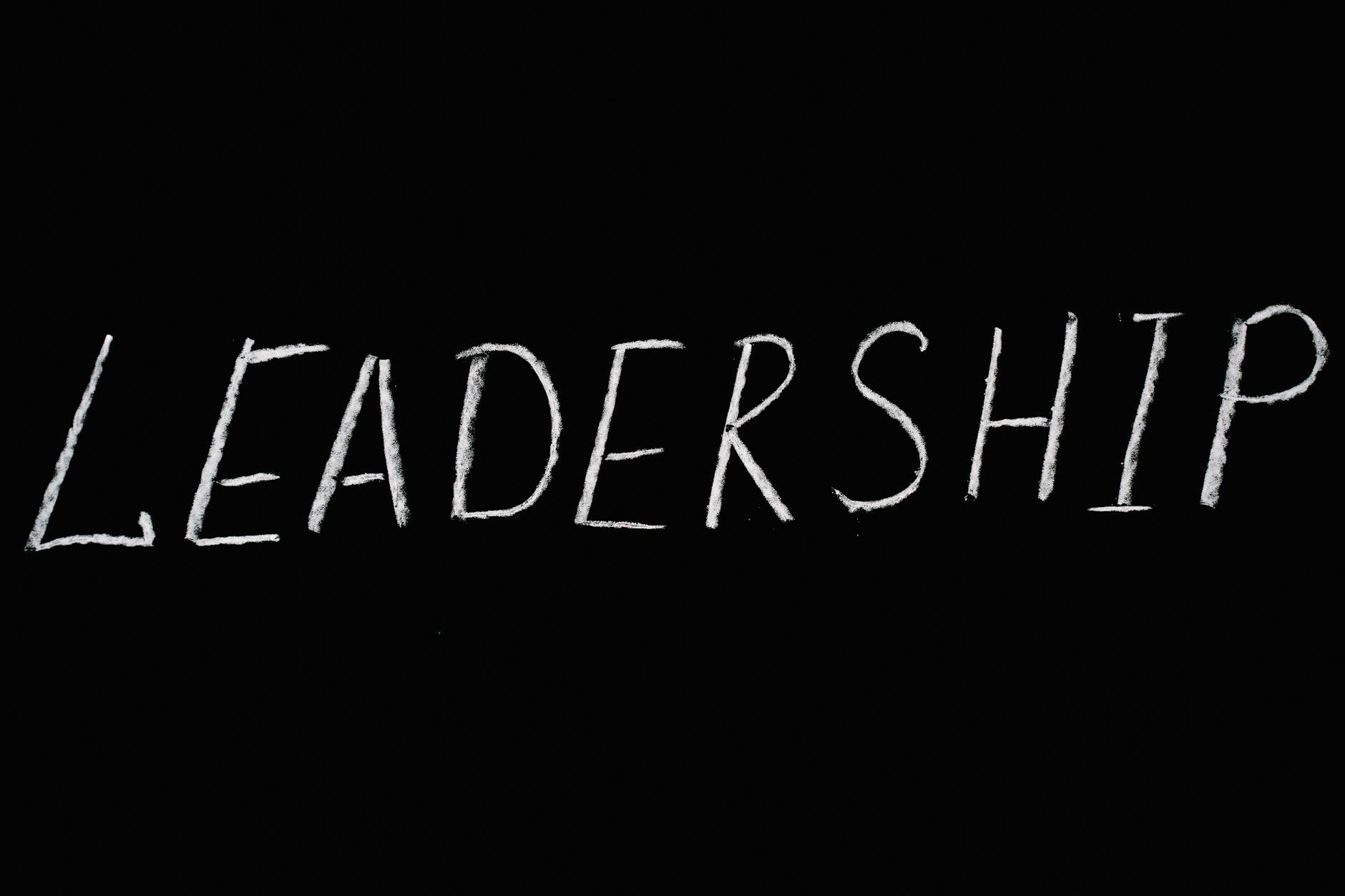
📊 On that fateful November night in 2016, the world watched in disbelief as Donald Trump clinched an unexpected victory in the U.S. presidential election. The polls, pundits, and political experts were left stunned, scrambling to explain how their predictions had gone so drastically wrong. This wasn’t just another election; it was a seismic shift that would reshape American politics for years to come. Let’s do Trump Election Victory Analysis
Trump’s win wasn’t merely a change in leadership—it was a radical disruption of the political landscape. From policy implications to media influence, from grassroots movements to global reactions, the ripple effects of this historic event continue to be felt today. As we look back on this pivotal moment, what can we learn about the nature of modern elections, the power of populist messaging, and the ever-evolving relationship between voters and the political establishment?
In this deep dive, we’ll explore the unexpected victory that shocked the world, examine its far-reaching impact on American politics, and uncover the crucial lessons for future elections. Buckle up as we journey through the five key aspects that defined the Trump win and continue to shape our political reality. 🇺🇸🗳️
The Unexpected Victory – Trump Election Victory Analysis
Donald Trump’s 2016 presidential victory sent shockwaves through the political landscape, defying polls and expectations. Let’s examine the key factors that contributed to this surprising outcome.
A. Key factors contributing to Trump’s win
Several elements played a crucial role in Trump’s unexpected victory:
- Anti-establishment sentiment
- Economic anxiety
- Effective messaging
- Hillary Clinton’s perceived untrustworthiness
Trump’s outsider status and promise to “drain the swamp” resonated with voters frustrated by traditional politics. His focus on economic issues, particularly in rust belt states, struck a chord with many working-class Americans.
B. Swing states that decided the election
The election hinged on a handful of key battleground states:
| State | Electoral Votes | Margin of Victory |
|---|---|---|
| Florida | 29 | 1.2% |
| Pennsylvania | 20 | 0.7% |
| Michigan | 16 | 0.3% |
| Wisconsin | 10 | 0.7% |
These narrow victories in traditionally Democratic-leaning states proved decisive in securing Trump’s Electoral College win.
C. Demographic breakdown of Trump’s supporters
Trump’s base of support came primarily from:
- White voters without college degrees
- Rural and small-town residents
- Evangelical Christians
- Older Americans (65+)
Interestingly, Trump also performed better than expected among some minority groups, particularly Hispanic and Black men, compared to previous Republican candidates.
As we move forward, it’s important to understand how these factors shaped the 2016 election outcome and their potential implications for future political campaigns and strategies.

Impact on American Politics
Trump’s victory in 2016 sent shockwaves through the American political landscape, fundamentally altering the dynamics of both major parties and reshaping political discourse.
Shift in Republican Party Dynamics
The Republican Party underwent a significant transformation following Trump’s win:
- Embrace of populist rhetoric
- Shift towards protectionist trade policies
- Focus on immigration restriction
| Pre-Trump GOP | Post-Trump GOP |
|---|---|
| Free trade | Protectionism |
| Interventionism | America First |
| Establishment | Populism |
Democrats’ Response and Strategy Adjustments
In response to Trump’s victory, Democrats:
- Increased focus on grassroots organizing
- Emphasized progressive policies
- Sought to appeal to working-class voters
- Prioritized digital campaigning and social media outreach
Changes in Political Discourse and Campaigning
Trump’s win ushered in significant changes to political discourse and campaign strategies:
- Increased use of social media for direct communication
- Rise of “alternative facts” and debates over media credibility
- Heightened polarization and tribal politics
- Emphasis on personality-driven campaigns over policy details
These shifts in American politics have had lasting effects, influencing subsequent elections and shaping the current political landscape. As we examine the policy implications of Trump’s victory, it becomes clear how these changes in political dynamics have translated into concrete actions and decisions at the highest levels of government.

Policy Implications – Trump Election Victory Analysis
Trump’s campaign promises and their feasibility
Donald Trump’s campaign promises were bold and ambitious, but their feasibility remains a subject of debate. Here’s a breakdown of key promises and their potential implementation:
| Promise | Feasibility | Challenges |
|---|---|---|
| Build a wall | Low | Cost, diplomatic issues |
| Repeal Obamacare | Medium | Congressional approval |
| Renegotiate trade deals | High | International cooperation |
| Tax cuts | Medium | Budget implications |
Potential changes in domestic policies
Trump’s administration is likely to pursue significant changes in domestic policies, including:
- Healthcare reform
- Immigration enforcement
- Environmental regulations rollback
- Education policy shifts
Shifts in foreign policy and international relations
Trump’s “America First” approach may lead to:
- Renegotiation of international agreements
- Reassessment of military alliances
- Shift in diplomatic relations with key nations
- Changes in global trade dynamics
Economic outlook under Trump’s administration
The economic landscape under Trump’s presidency is expected to be influenced by:
- Corporate tax cuts
- Infrastructure spending
- Deregulation efforts
- Protectionist trade policies
These policy implications will shape the course of American politics and global dynamics for years to come. As we move forward, it’s crucial to consider how these changes will affect various sectors of society and the international community.

Media’s Role and Influence
A. Coverage bias and its effects
Media coverage during the 2016 U.S. presidential election was marked by significant bias, which had far-reaching effects on public perception and voting behavior. Many mainstream media outlets were criticized for their disproportionate focus on certain candidates and issues, leading to an unbalanced representation of the political landscape.
| Media Bias Type | Description | Impact |
|---|---|---|
| Agenda Setting | Prioritizing certain topics | Shaped public discourse |
| Framing | Presenting issues in a specific context | Influenced voter opinions |
| Gatekeeping | Controlling information flow | Limited exposure to diverse viewpoints |
B. Social media’s impact on the election
Social media platforms played a pivotal role in shaping the narrative of the 2016 election. Candidates leveraged these platforms to directly communicate with voters, bypassing traditional media channels.
- Twitter became a primary communication tool for candidates
- Facebook’s algorithm contributed to the creation of echo chambers
- YouTube served as a platform for viral campaign videos and debates
C. Fake news and misinformation campaigns
The proliferation of fake news and misinformation campaigns on social media platforms significantly influenced public opinion during the election. These campaigns, often originating from both domestic and foreign sources, spread rapidly through social networks, challenging voters’ ability to discern fact from fiction.
- Fake news stories received more engagement than legitimate news on Facebook
- Russian-linked accounts spread divisive content to millions of Americans
- Fact-checking efforts struggled to keep pace with the volume of misinformation
The media’s role in the 2016 election highlighted the need for critical media literacy and the importance of responsible journalism in maintaining a well-informed electorate. As we move forward, it’s crucial to examine the lessons learned from this election and their implications for future democratic processes.
Lessons for Future Elections
Polling Accuracy and Methodology Improvements
The 2016 election highlighted significant shortcomings in polling methodologies. To address these issues, pollsters must:
- Improve sampling techniques to better represent diverse populations
- Adjust for non-response bias and social desirability effects
- Incorporate more robust statistical models
Importance of Understanding Diverse Voter Concerns
Future campaigns need to prioritize:
- Engaging with a wider range of communities
- Addressing localized issues alongside national concerns
- Developing targeted messaging strategies
Adapting to Changing Political Landscapes
As the political environment evolves, candidates and parties must:
- Embrace new communication channels
- Respond quickly to emerging issues
- Build flexible campaign strategies
| Traditional Approach | Adaptive Approach |
|---|---|
| Fixed campaign plans | Agile strategies |
| Limited outreach | Diverse engagement |
| Rigid messaging | Responsive communication |
The 2016 election demonstrated the need for a more nuanced understanding of the electorate. By improving polling methods, campaigns can better gauge public sentiment. However, numbers alone aren’t sufficient. Candidates must actively listen to and address the concerns of diverse voter groups, including those in traditionally overlooked regions. Moreover, the rapid pace of modern politics demands adaptability. Successful campaigns will be those that can swiftly adjust their strategies in response to changing circumstances, leveraging new technologies and communication platforms to reach voters effectively. These lessons underscore the importance of a more inclusive, responsive, and flexible approach to future elections.

Donald Trump’s unexpected victory in the 2016 U.S. presidential election has had far-reaching consequences for American politics and policy. From reshaping the political landscape to influencing media coverage and public discourse, Trump’s win has left an indelible mark on the nation. The election outcome has also highlighted the importance of understanding voter sentiment and the need for more accurate polling methods.
As we look to future elections, it’s crucial to remember the lessons learned from this historic event. Candidates and political parties must strive to better connect with diverse voter bases, while media outlets should focus on balanced reporting and fact-checking. Ultimately, the Trump win serves as a reminder that in a democracy, every vote counts, and the voice of the people can lead to surprising and transformative results.
Read more about Trump Victory on BBC
Click here for plumbing and electrical services in Los Angeles